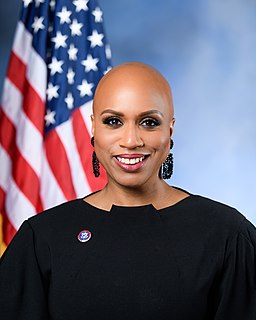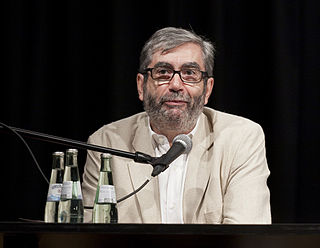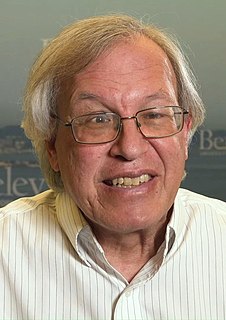A Quote by David Baddiel
I admire identity politics for raising the fact that there are terrible and constant microaggressions against all minorities.
Quote Topics
Related Quotes
Most girls spend most of their time at school. If real change comes from hearing our voices, it has to start in school, but school is a place where black girls tend to experience microaggressions. Microaggressions are not always obvious, ugly, or terrible things, but they make you feel as though your voice does not matter.
The ultimate goal of radical politics is gradually to displace the limit of social exclusions, empowering the excluded agents (sexual and ethnic minorities) by creating marginal spaces in which they can articulate and question their identity. Radical politics thus becomes an endless mocking parody and provocation, a gradual process of reidentification in which there are not final victories and ultimate demarcations
The identity of just one thing, the "clash of civilization" view that you're a Muslim or a Hindu or a Buddhist or a Christian, I think that's such a limited way of seeing humanity, and schools have the opportunity to bring out the fact that we have hundreds of identities. We have our national identity. We have our cultural identity, linguistic identity, religious identity. Yes, cultural identity, professional identity, all kinds of ways.
I've really come into my own as an artist. I'm much more sure of my identity and understand it much better, and have accepted the fact that I like to jump around a lot in terms of who I am and what kind of music I create, and that it is okay - in fact, that is my main identity, the fact that I do that.
Any classification according to a singular identity polarizes people in a particular way, but if we take note of the fact that we have many different identities - related not just to religion but also to language, occupation and business, politics, class and poverty, and many others - we can see that the polarization of one can be resisted by a fuller picture. So knowledge and understanding are extremely important to fight against singular polarization.
Politics and government have been a terrible place to invest; education has been a terrible place to invest, but that is because the entrenched interests make it a terrible place to invest. The way you invest in those sectors is you go against the entrenched interests; you try and disrupt the entrenched interests, not to service them.

































